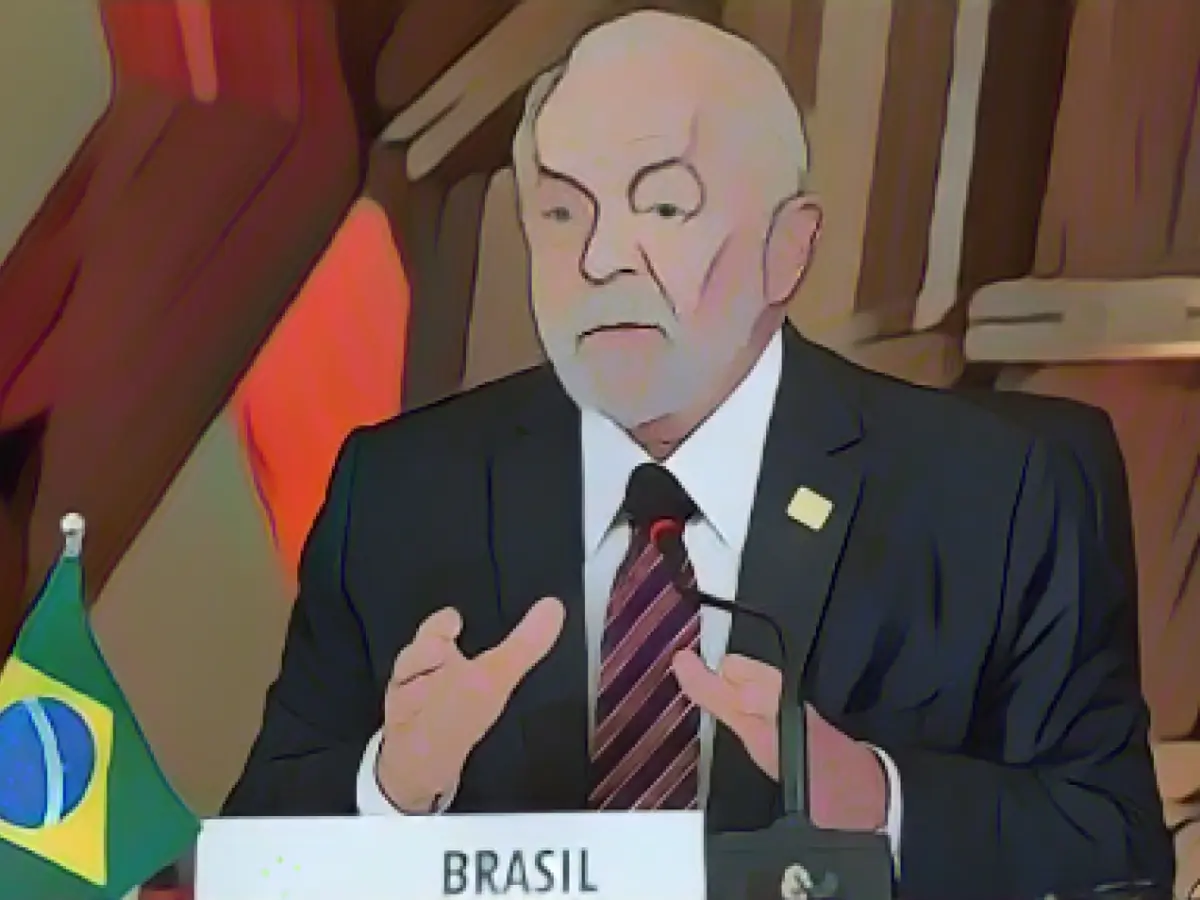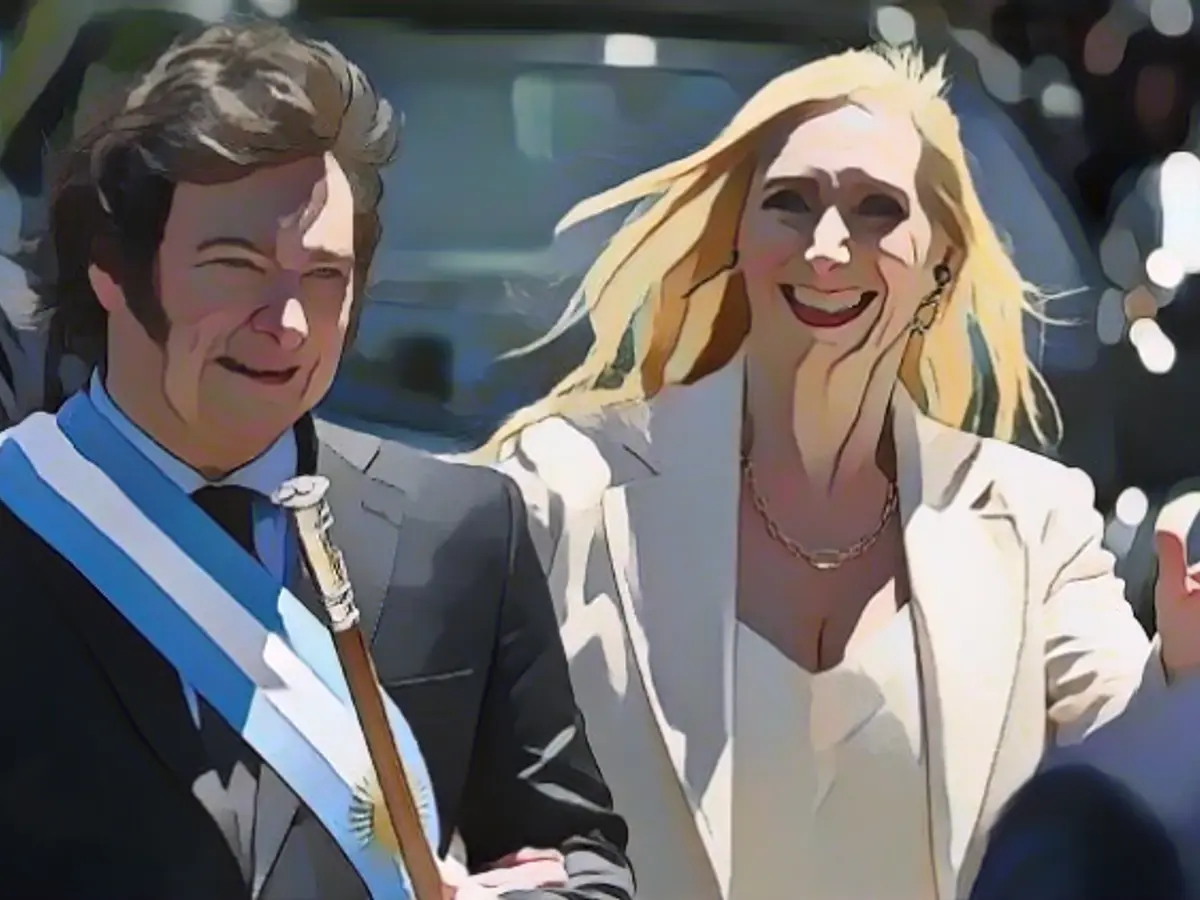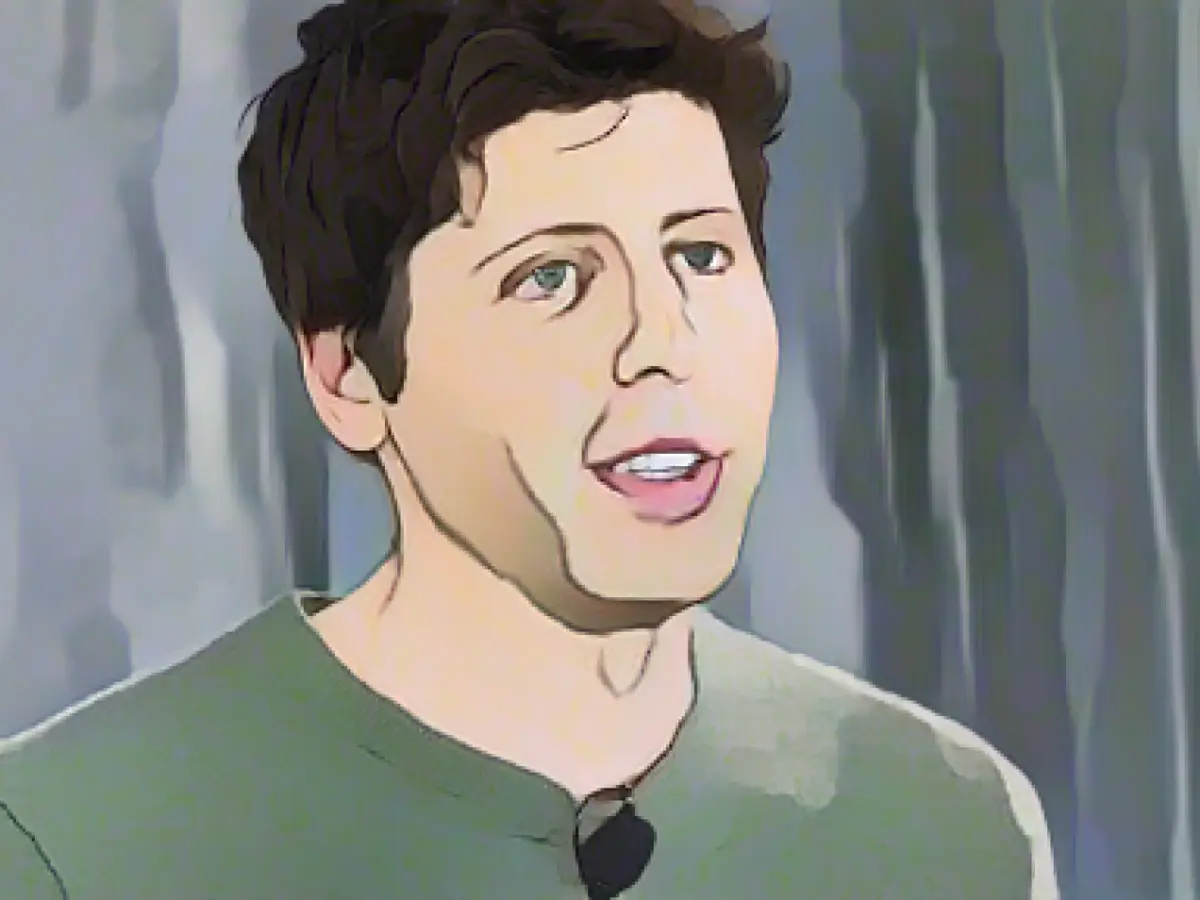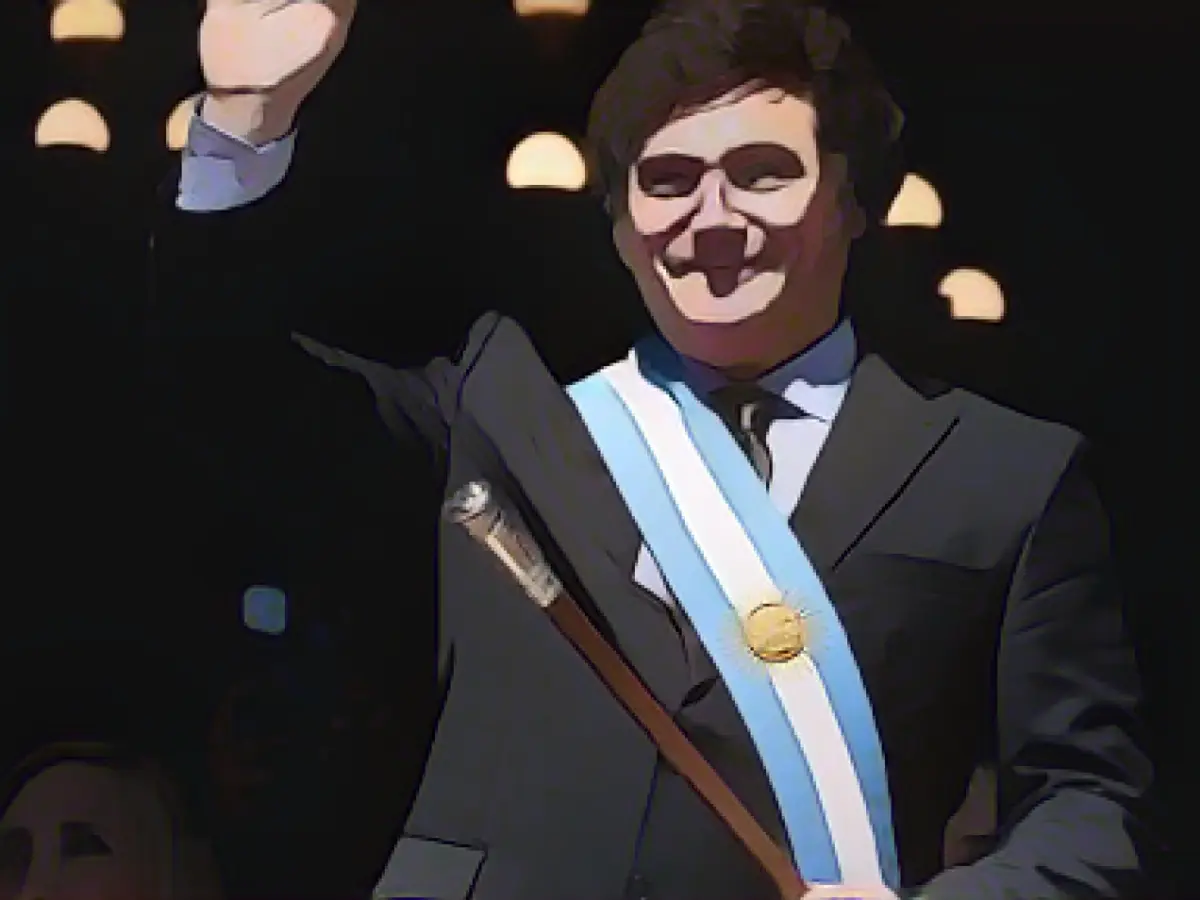Free Trade Agreement Talks Between EU and Mercosur Continue
The European Union (EU) and the South American economic alliance Mercosur are making strides in their quest for a swift resolution on the free trade agreement between the two regions. According to a joint statement, the EU and Mercosur are engaged in constructive negotiations to address the remaining issues under the agreement. Substantial progress has been made lately, and talks will continue with the goal of finalizing the process and reaching a deal that benefits both regions and meets their societal demands.
At a Mercosur summit in Rio de Janeiro, the heads of state of Brazil, Argentina, Paraguay, and Uruguay met. Originally, Brazil's President Luiz Inácio Lula da Silva intended to announce a breakthrough in the negotiations at the meeting. However, his plans were hindered mainly by resistance from France and Argentina. Despite this setback, Lula remains optimistic, stating, "We know that not everything always works the way we would like it to. But we are moving forward. I am always very optimistic. My motto is:'Never give up.' There is nothing we cannot achieve. We have to keep trying to reach an agreement with the European Union."
During German-Brazilian government consultations in Berlin, Lula and German Chancellor Olaf Scholz called for a swift conclusion to the agreement. While they managed to push for progress, resistance from France and Argentina stalled the negotiations. Thankfully, Argentina's incoming President Javier Milei is more open to the planned free trade agreement, which is good news for the EU-Mercosur relationship.
The EU-Mercosur free trade negotiations have been ongoing for 23 years. An agreement in principle reached in 2019 has yet to be implemented due to ongoing concerns, such as rainforest protection. French President Emmanuel Macron has raised concerns that European industries would be subject to stricter environmental regulations, putting them at a disadvantage against South American competitors who would not have to abide by such regulations under the free trade agreement.
Despite these challenges, Brazil’s President Lula expressed optimism about the negotiations, stating that he will continue striving for an agreement with the European Union. Environmental organizations, such as Greenpeace, have welcomed the delay in signing the agreement, as they believe it will protect the environment from the potential negative impact of the free trade agreement. If finalized, the agreement would create one of the world's largest free trade zones, with more than 700 million inhabitants. The agreement aims to reduce tariffs and boost trade, but it remains a contentious issue in both South America and Europe.
International environmental organizations, such as Greenpeace, have welcomed the delay in signing the EU-Mercosur free trade agreement, as they believe it will protect the environment from the potential negative impact of the agreement. If finalized, the agreement would create one of the world's largest free trade zones, with more than 700 million inhabitants. The agreement aims to reduce tariffs and boost trade, but it remains a contentious issue in both South America and Europe. Mercosur and the EU hope to promptly reach a mutually beneficial agreement that effectively highlights the strategic nature of their relationship and its potential contribution to addressing global challenges.








